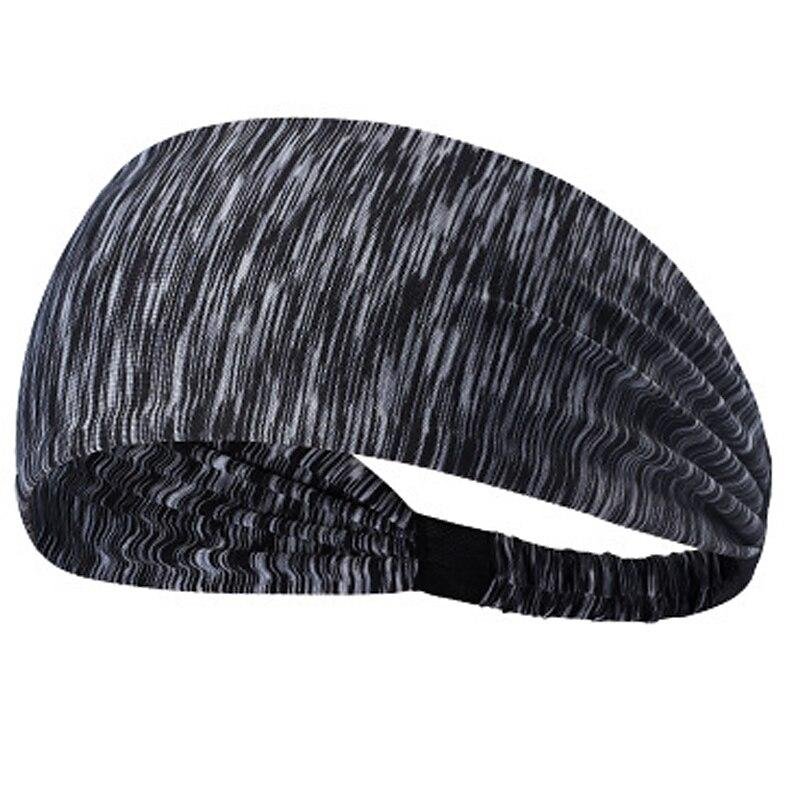Tag: Fashion, Apparel, Textile
In today’s fast-paced world, clothing has evolved from a basic necessity to a multi-billion dollar industry. From its humble beginnings of animal hides and plant fibers, the fashion industry has undergone significant changes over the years. Let’s take a closer look at how the evolution of clothing has impacted modern society.
Clothing is not just about covering our bodies; it is also an expression of one’s identity and individuality. Throughout history, different cultures have used clothing to signify social status, profession, or even beliefs. With time, as societies became more complex and interconnected through trade and travel, fashion trends started to spread across borders.
Fast forward to the Industrial Revolution in the 18th century; this period saw significant advancements in textile production with the introduction of machines. This led to mass production and lower costs for clothes which were previously handmade by skilled artisans. As a result, wearing fashionable clothing was no longer limited to only wealthy individuals but opened up opportunities for people from all walks of life.
With technological innovations came accessibility – now anyone could purchase clothes that were once exclusive to higher classes. This shift had profound effects on society as it blurred traditional class distinctions based on attire.
However, as industrialization continued to thrive in the 19th century, concerns emerged regarding poor working conditions in factories producing cheap garments at high volumes. Activists like Jane Addams raised these issues leading to reforms in labor laws that protected workers’ rights.
As we entered the 20th century along with two World Wars came new styles influenced by changing attitudes towards gender roles and societal norms. Women began wearing shorter hemlines while men ditched their suits for more casual wear like t-shirts and jeans.
Fast forward again – globalization redefined fashion yet again with affordable imports flooding markets worldwide along with e-commerce revolutionizing retail sales pushing brick and mortar stores out of business. This shift also opened up new opportunities for local designers to showcase their work on a global scale.
Today, the fashion industry is one of the largest contributors to our economy, generating millions of jobs worldwide. However, it has not been without its fair share of controversies – from producing cheap clothes at the cost of exploiting workers in developing countries to promoting unrealistic beauty standards and unsustainable practices contributing to environmental degradation.
In conclusion, clothing has come a long way since its inception and continues to play a significant role in shaping our society. As consumers become more aware and conscious about ethical consumption, we can only hope that the future brings positive changes towards sustainable fashion practices for both people and the planet.
Tag: Fashion Industry Impact on Society

